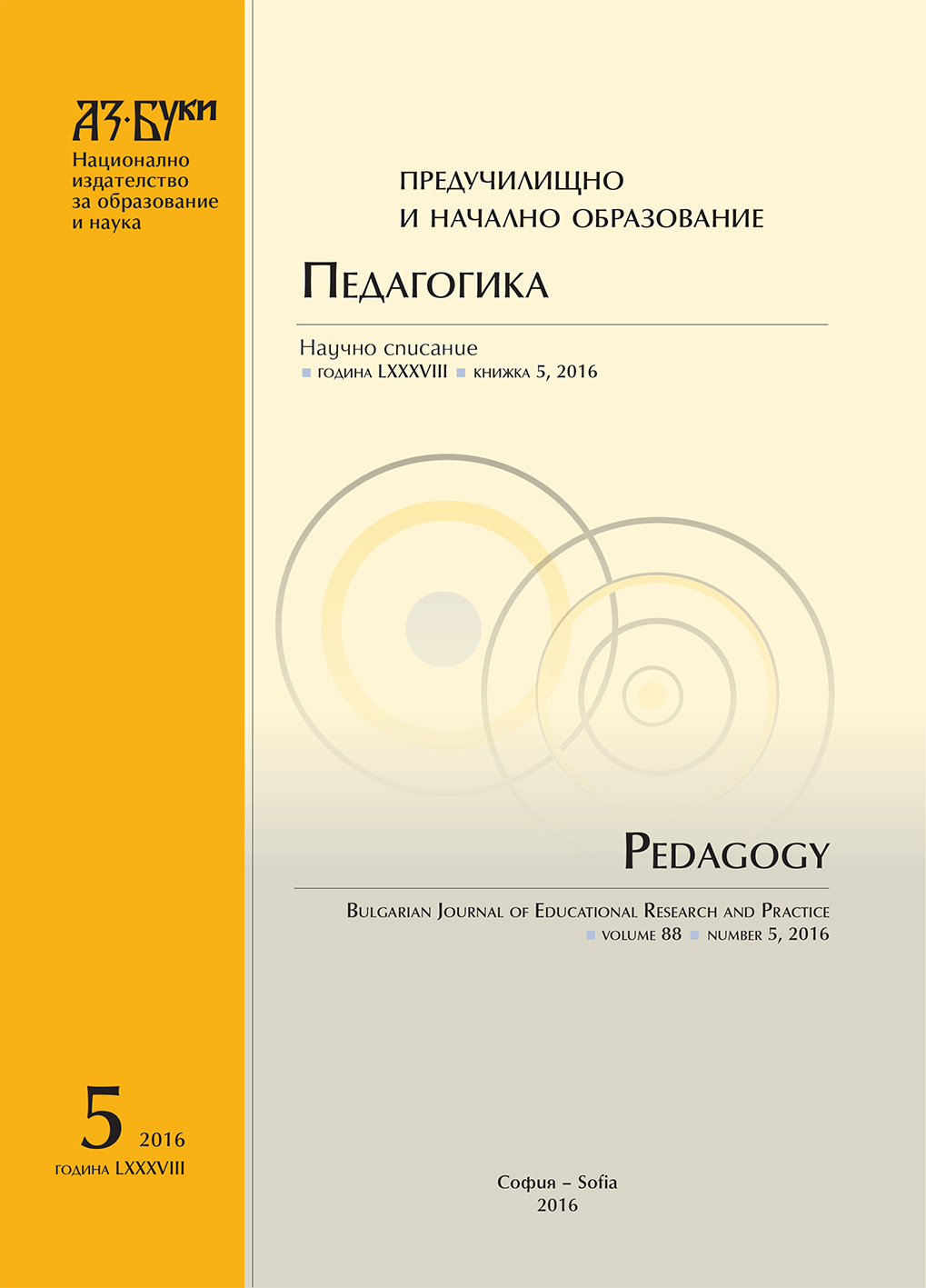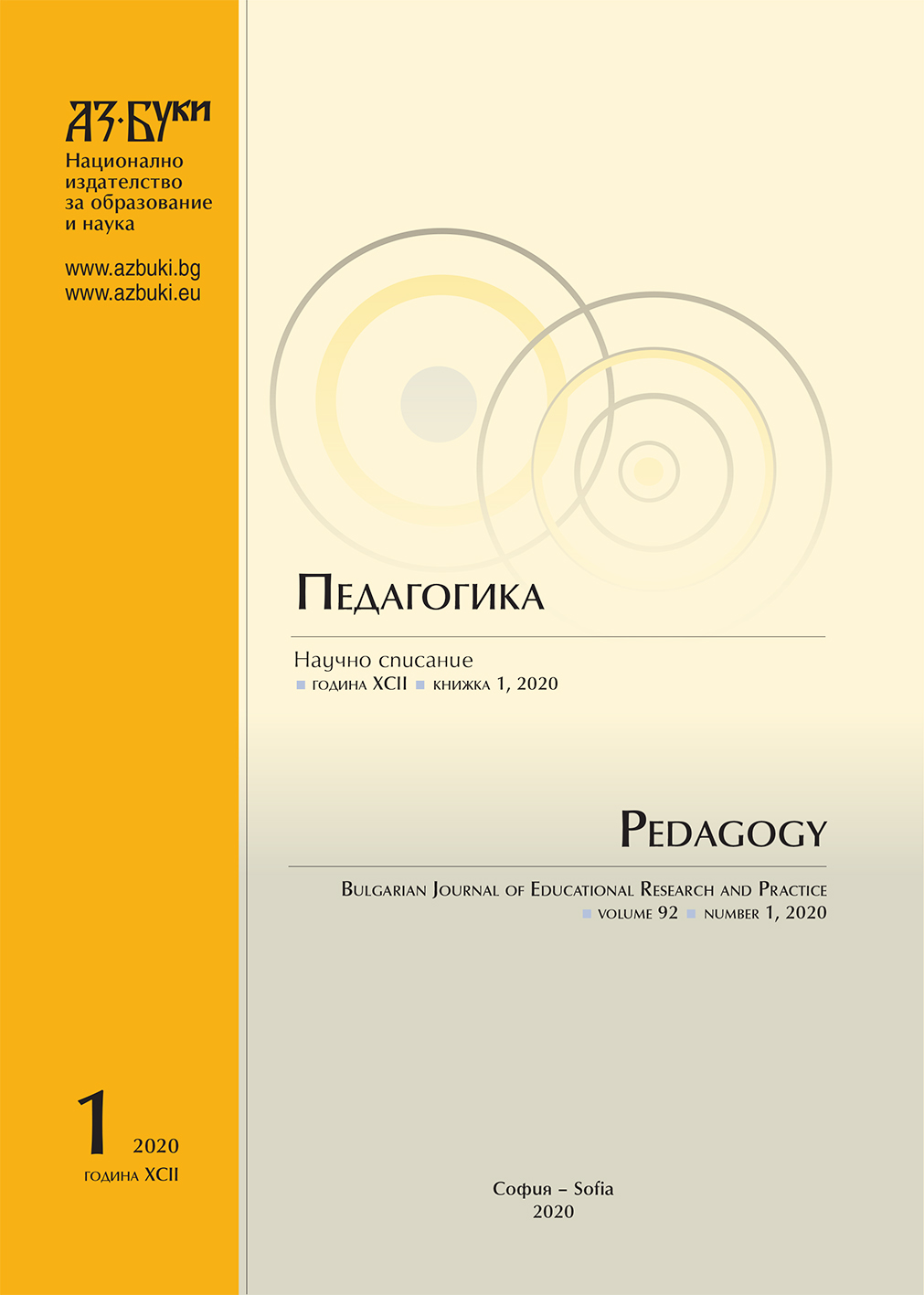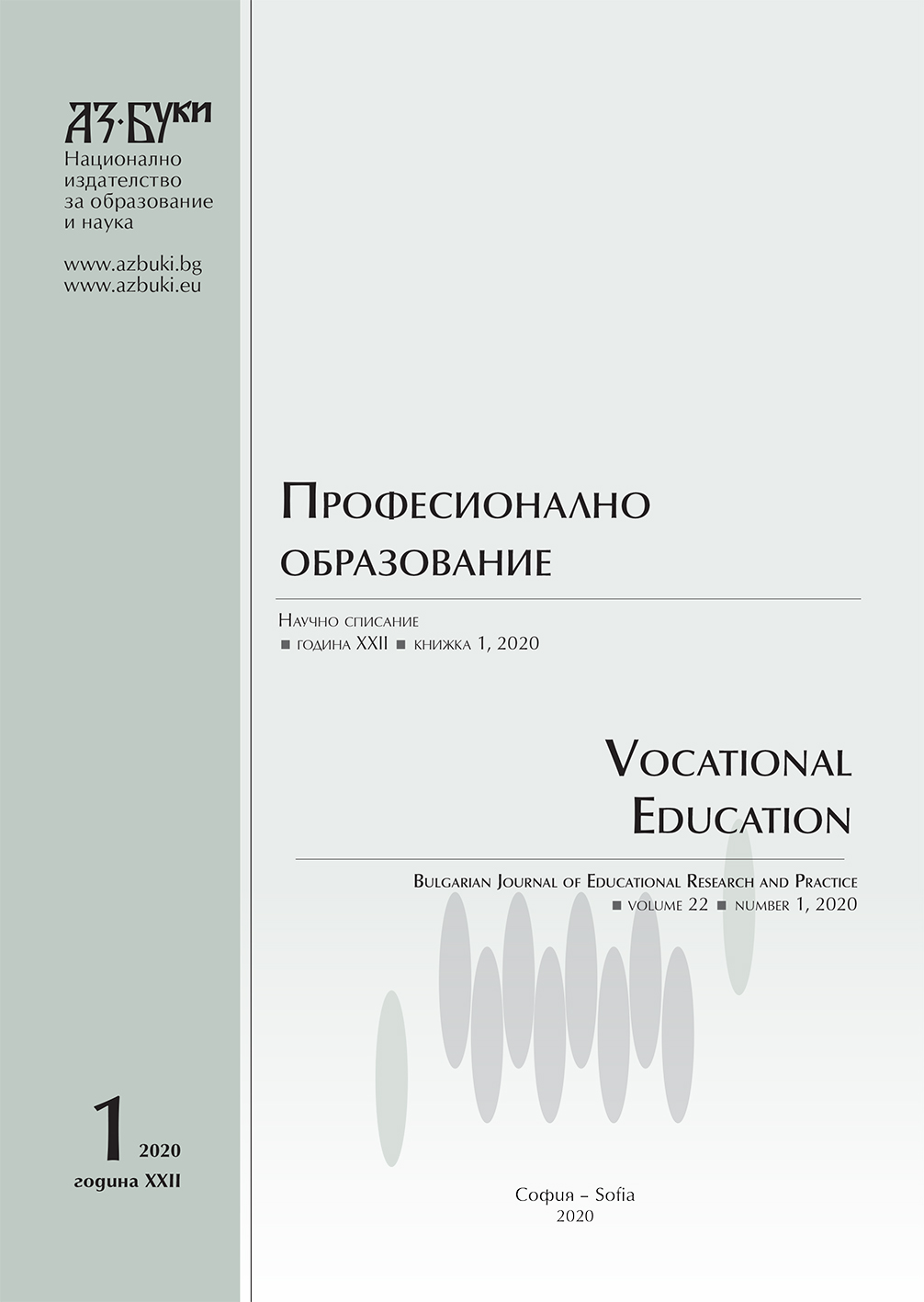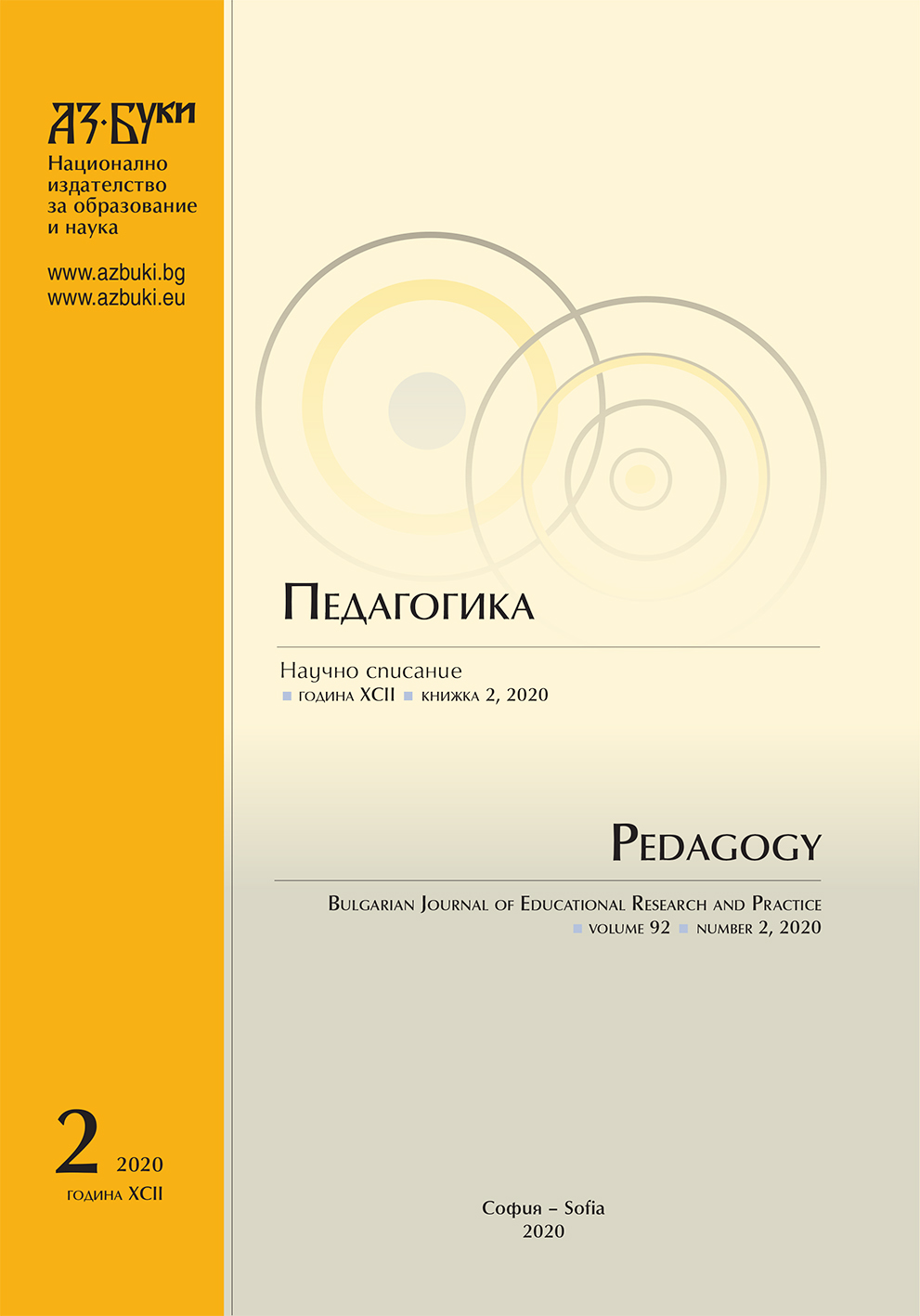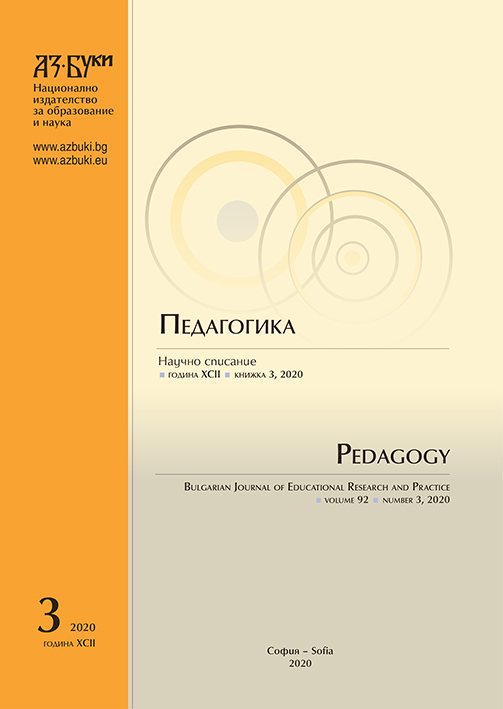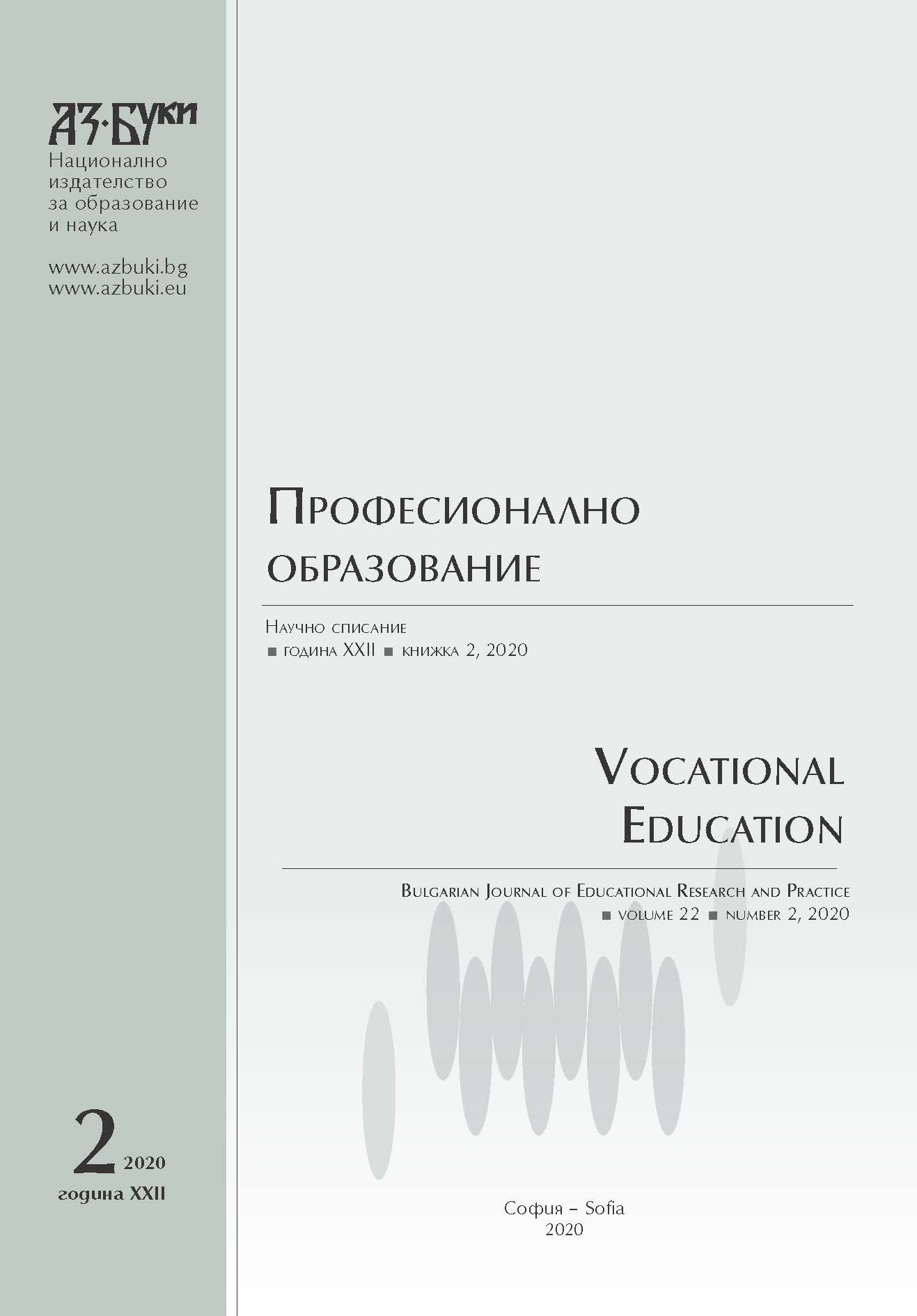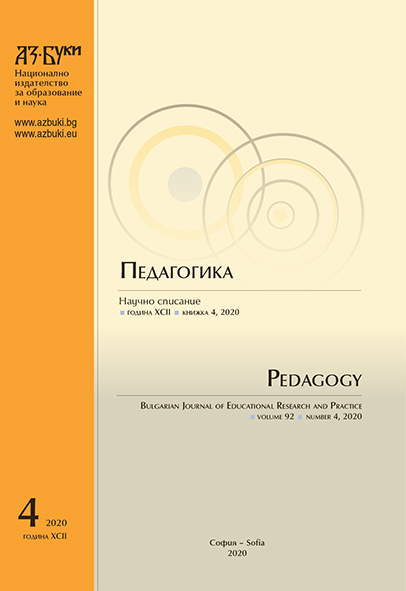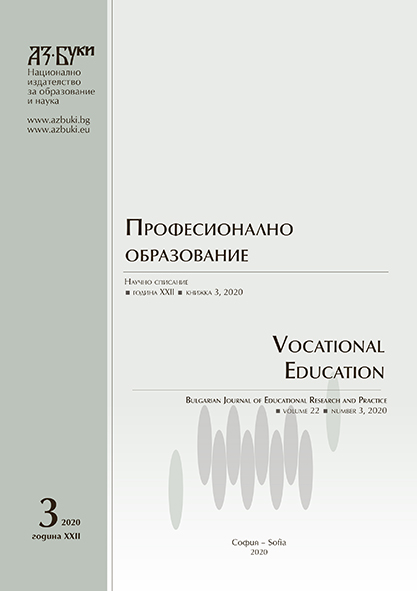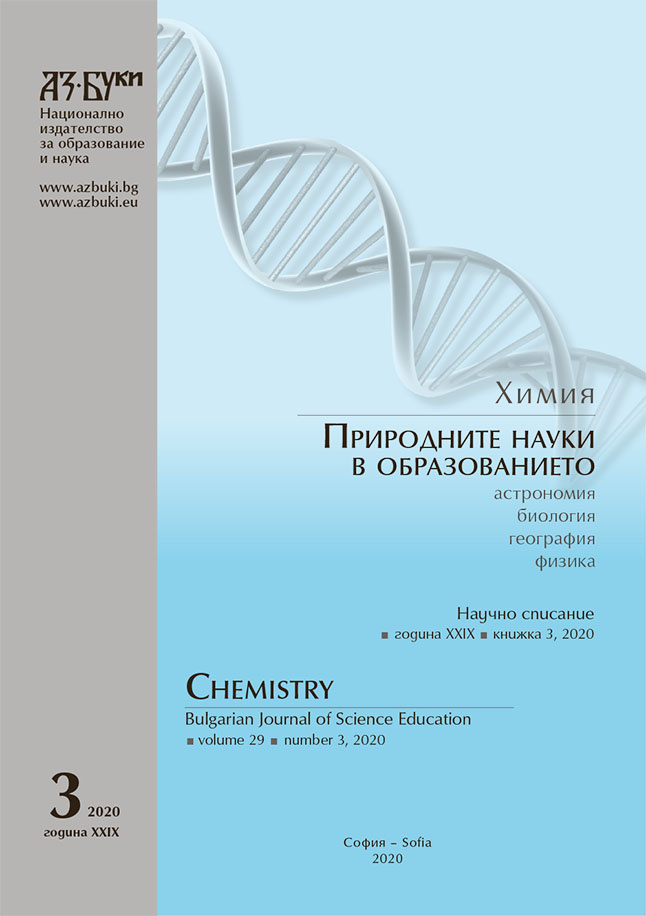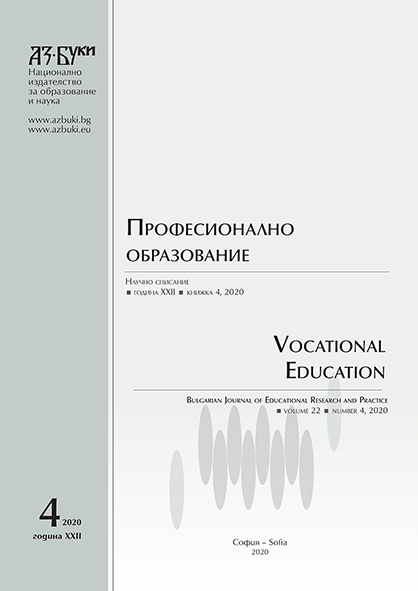KINDERERZIEHUNG IN UNGARN IN DER TRADITONELLEN BÄUERLICHEN KULTUR
Über die traditionelle ungarische Kinderkultur – die bis zur Jahrhundertwende und hie und da auch einige Jahrzehnte länger existierte – wurde bisher keine Monographie verfaßt. Einige gut gelungene Beschreibungen stellen dieses Leben und die Kindererziehung dar. Unter den Autoren sollten in erster Linie Ferenc GÖNCZI (1937) (1949), Mária KRESZ (1942) (1943) (1944) (1948) (1949) (1957) (1959) (1960a) (1960b) und Klára GAZDA (1980) erwähnt werden. Weitere Quellen zur Rekonstruktion des ehemaligen ungarischen Bauernkinderlebens sind die Beschreibungen im Archiv des ungarischen Ethnographischen Museums sowie Archivfotos und Diapositive bzw. die musealen Objekte.
More...
